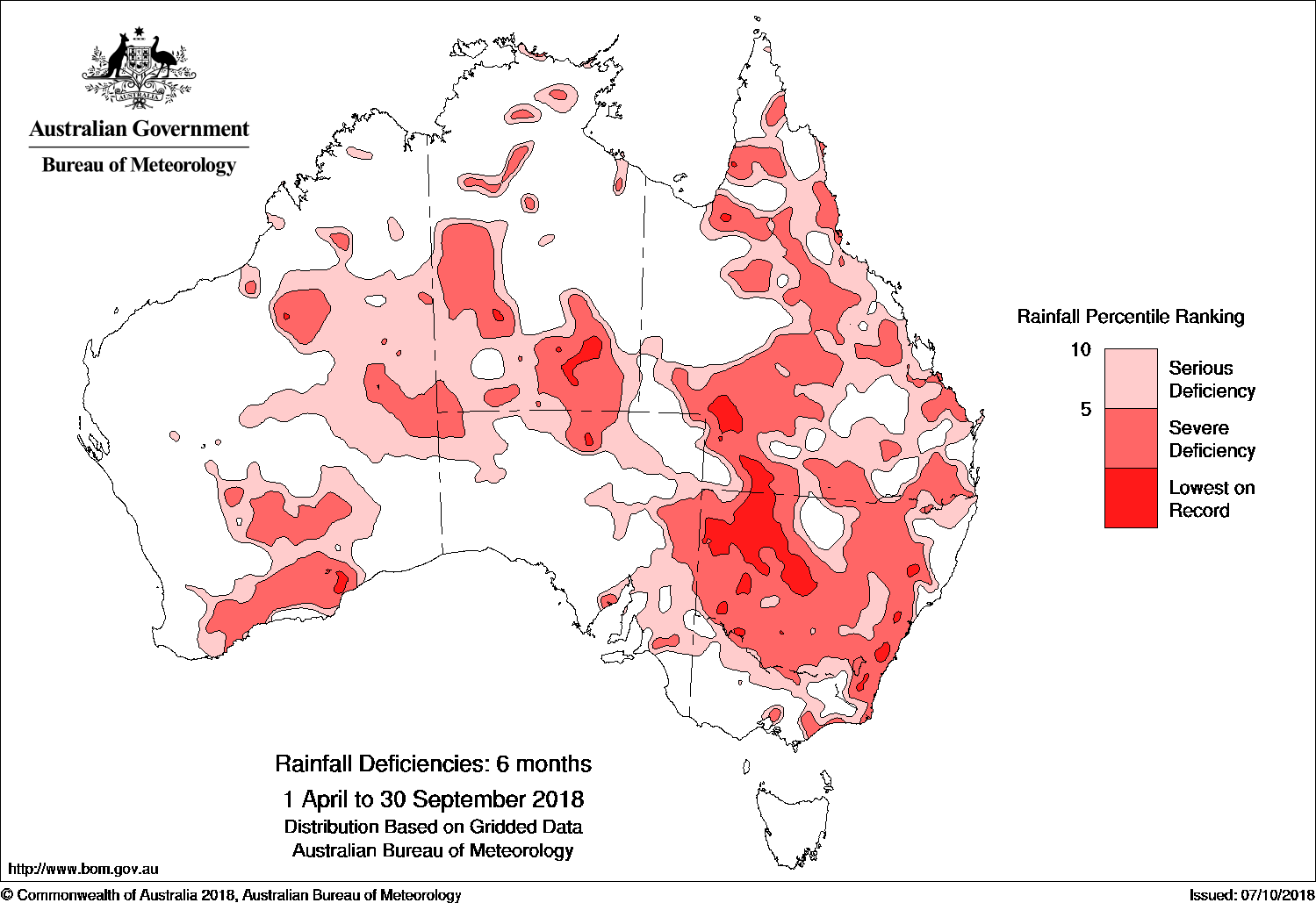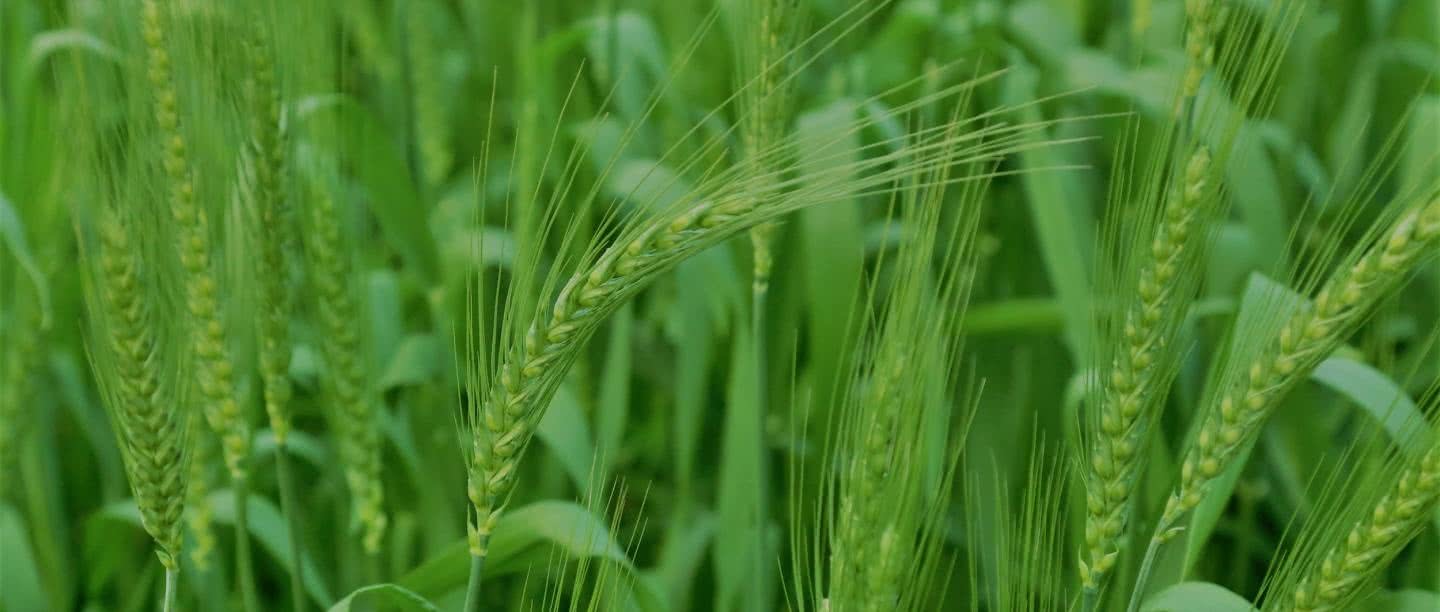Uday Cheruvu, Portfolio Manager (Australian Equities)
We don't really break up between ‘growth’ and ‘value’. To us these constructs don’t really matter.
The question is what is a company’s intrinsic value and, more deeply, what is a company’s cyclical worth and its structural worth. We concentrate on structural worth. This just makes sense. Those with a stronger structural growth profile will provide a better return than those just benefiting from a shorter term cyclical growth story (see BHP Billiton). This may not be the case next week, next month or next year, but as we're an investor who's looking for the next three-to-five-year horizon, the structural growth stories are where you want to have most of your capital deployed.
Nufarm is an example of a stock that has seen its cyclical growth story disrupted but its structural story remain attractive. It’s a Melbourne-based manufacturer of generic herbicides, pesticides and insecticides in Australia, Europe and the Americas. We invested following its $300 million capital raising in September that was prompted by management’s desire to reduce balance sheet debt in a period when historic drought conditions in Australia and increasing drought conditions in the US created a build-up of working capital in the business. In addition, litigation in international courts against glyphosate manufacturing companies, of which Nufarm is one, has also created negative sentiment towards the stock.

Nufarm’s earnings growth coming into next year does not look overly impressive. But that's only when it is coming out of a weather-related event. The autumn and winter seasons were one of the driest on record, while high levels of imports in 1Q18 led to a tough pricing environment. These saw EBITDA fall from $64.9 million in FY17 to $23.7 million – it is very understandable that investors are concerned.

However, if you assume that in the medium term weather patterns should reflect historical averages and therefore normalises, the earnings growth for that business looks significantly improved. Nufarm is expecting a partial earnings recovery in in FY19, and return to ~$50 million EBIT in FY20.
The intrinsic value of the business should be looked at from the perspective of what's a normalised earning this company can get and what's a reasonable multiple that you put on it.However, if you assume that in the medium term weather patterns should reflect historical averages and therefore normalises, the earnings growth for that business looks significantly improved. Nufarm is expecting a partial earnings recovery in in FY19, and return to ~$50 million EBIT in FY20.
The intrinsic value of the business should be looked at from the perspective of what's a normalised earning this company can get and what's a reasonable multiple that you put on it.

Source: Bloomberg
We believe the earnings pressure Nufarm is seeing from drought conditions is temporary and that the stock price correction of 35% during the past 12 months already factors in a large proportion of any loss of earnings from glyphosate-related negative regulatory events. As a result, we believe the risk/ reward proposition for this company represents an anomaly when compared to the rest of the domestic market.
Industrials in Australia are being priced at close to an 18 to 20 times multiple - higher than most markets that we hold globally. So, therefore, from a global market perspective, it's quite hard to find value. The drought, as unfortunate and damaging as it has been and may continue to be, may have provided that opportunity.
This article reflects opinions as at the time of writing and may change. PM Capital may now or in the future deal in any security mentioned. It is not investment advice.

